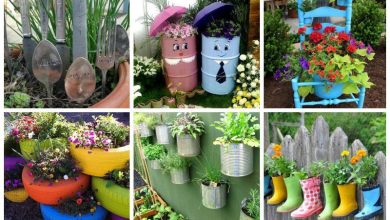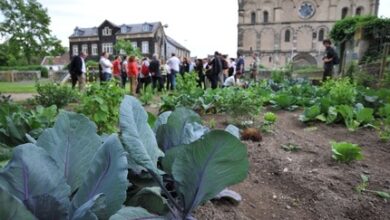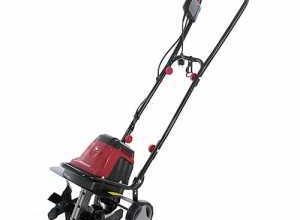Prune Kalanchoe: [Importance, Time, Tools, Considerations and Steps]
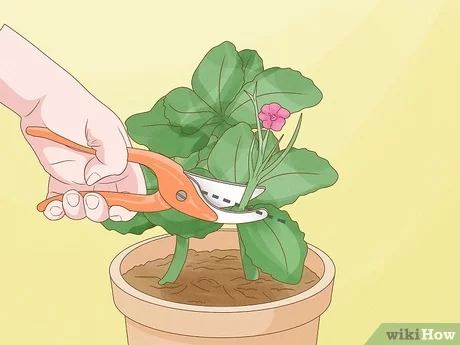
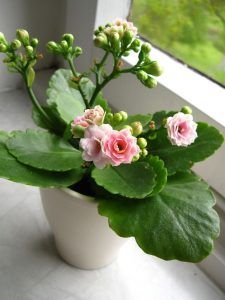 Pruning kalanchoe when you have it indoors may become one of the actions that you have to carry out more frequently due to its growth.
Pruning kalanchoe when you have it indoors may become one of the actions that you have to carry out more frequently due to its growth.
However, if you keep it outdoors, this beautiful flowering plant will not need much of this process because it is generally low maintenance.
The recommendations that you follow so that everything goes wonderfully will be what will allow you to make the final work worthy of admiration.
The fact is that not only professionals can achieve this goal. You can also achieve it by taking notes of what we will tell you next.
Why prune kalanchoes?
The main reason for pruning kalanchoes has to do with maximizing favorable conditions so that it is healthy and offers great flowering. Thanks to a pruning applied at the right time you will achieve:
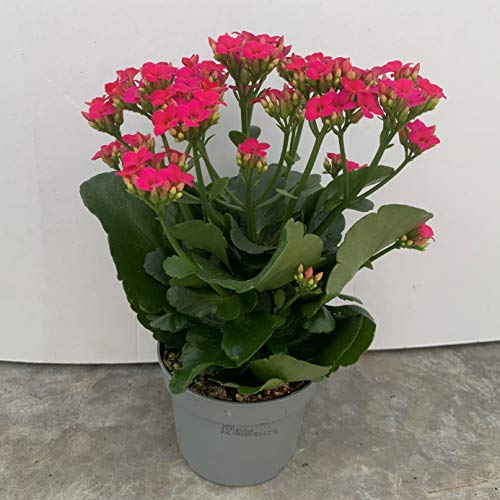
- Improve the flow of air and light that passes through the interior of the plant, promoting it to be more energetic and reducing the chances of diseases occurring.
- Free the structure of parts in poor condition and that, in general, do not provide any type of benefit to the plant but rather affect its energy distribution.
- Motivate the formation of more vigorous branches that will have a positive impact on flowering.
When is it better to carry out pruning of kalanchoes?
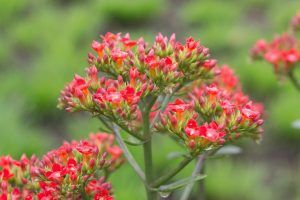 Pruning kalanchoes in spaces with constant climates throughout the year can be done at any time.
Pruning kalanchoes in spaces with constant climates throughout the year can be done at any time.
In areas with cold winters, it is best to wait until the beginning of spring, just at the moment when it begins to wake up from winter lethargy.
Thanks to this waiting period, the plant will have the opportunity to recover quickly from the moment the internal distribution of the sap begins.
What tools should we use when pruning kalanchoes?
The kalanchoe plant has a simple structure to prune and with small scissors you can carry out the entire task..

Remember that it must be well sharpened and disinfected with alcohol so that you do not have future problems. In addition, it is a good plan to support yourself with some gardening gloves
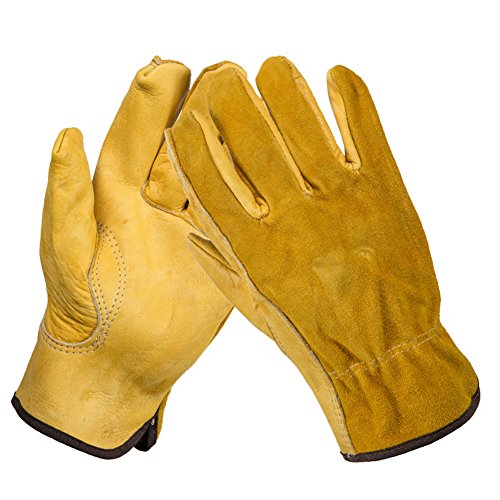
What considerations should we take into account when pruning kalanchoes?
The kalanchoe plant can be subjected to different types of pruning according to the specific needs it has at each stage.
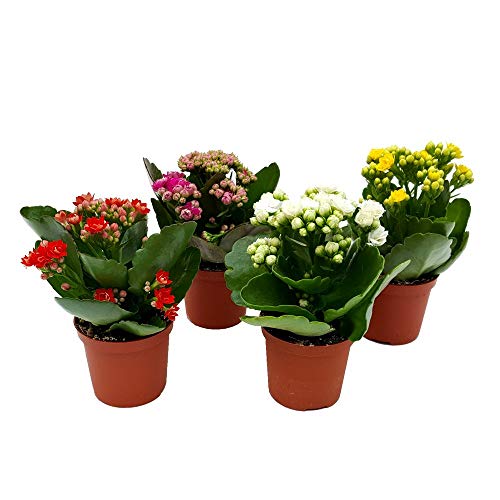
Therefore, the first step will be to define what is the appropriate pruning to implement and carry out a mental planning based on it. Then pick the right day when the temperature is cool, and preferably do your pruning in the early morning hours.
How to prune kalanchoes without damaging the plant?
As we have already seen, the pruning of the kalanchoes can be carried out in different phases depending on the stage that the plant is experiencing.
maintenance pruning
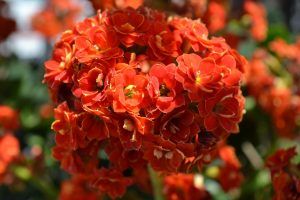 It is a pruning that does not have a specific application date because it can be executed according to the needs of the specimen.
It is a pruning that does not have a specific application date because it can be executed according to the needs of the specimen.
This includes removing suckers, bad areas, wilting flowers, sprouts, and intersecting stems.
The normal thing is that the strong part is applied with the annual pruning. It is important that the areas in poor condition, at least, remove them as soon as you notice that they appear, regardless of the date.
flowering pruning
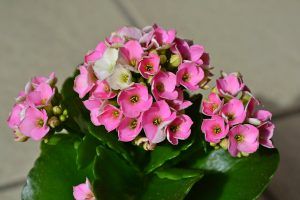 This is the pruning that is carried out annually and whose main objective is to strengthen the structure of the plant and promote better flowering.
This is the pruning that is carried out annually and whose main objective is to strengthen the structure of the plant and promote better flowering.
It is important to know that the kalanchoe usually blooms only once from each branch, so the first step is to prune those that have already done so in the past period.
The cuts can be made up to two nodes above the ground to make it easier for it to develop a new shoot that is capable of flowering. It is better to keep the stems that have not flowered intact, but if you notice them somewhat disorderly, you can apply enough cuts to even them out.
The branches that usually grow each year from the ground will not flower during that same period but in the following one, so you should not touch them.
rejuvenation pruning
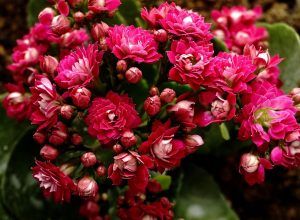 When the kalanchoes have already had a long period of life and production, they can begin to reduce their capacities. At that point it is necessary to subject it to a rejuvenation pruning to help renew its parts and its energy.
When the kalanchoes have already had a long period of life and production, they can begin to reduce their capacities. At that point it is necessary to subject it to a rejuvenation pruning to help renew its parts and its energy.
It is a pruning that is usually a bit scary to apply, especially to beginners, because a minimum of 50% of the entire structure must be removed.
However, if the plant is in optimal health conditions, there is no need to worry because it will surely recover quickly. Kalanchoe pruning may be considered an art but it is really a matter of technique and practice.
Here we give you what you need to know, now it’s your turn to put it into practice.
Maybe you are also interested in:

![Photo of Vertical Garden: [Complete Guide, Examples and How to Make Yours]](https://www.complete-gardening.com/wp-content/uploads/2022/08/jumpstory-download20220214-103733_1-scaled-1-390x220.jpg)
